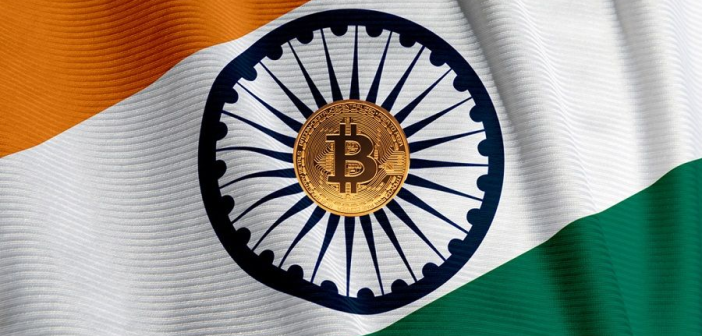Bitcoin trading in India came under fire from the Supreme Court, which compared it to the informal hawala system. Hawala allows untraceable cash transfers outside of banks and is often used for illegal remittances. The court made this remark during a bail hearing for Shailesh Babulal Bhatt, arrested in August 2024 for alleged illegal crypto activity.
Supreme Court Compares Bitcoin Trading in India to Hawala
Judges Surya Kant and Kotiswar Singh stated that Bitcoin trading in India resembles a modern form of hawala. They warned that crypto operations often lack official records or regulation. This absence creates risks for fraud and financial abuse.
The court expressed frustration over the lack of legal guidance on digital assets. Despite repeated appeals, government agencies have not clarified India’s stance on crypto regulation. Judge Surya Kant admitted his limited knowledge of Bitcoin, calling the legal gap “concerning and unhelpful.”
Indian Authorities Fail to Clarify Crypto Laws
Bhatt’s lawyer, Mukul Rohatgi, argued that his client had not broken any law. He reminded the court that in 2020, the Supreme Court overturned the Reserve Bank of India’s crypto ban. Rohatgi also noted that Bitcoin trading in India remains widespread and unregulated.
The prosecution, however, alleged that Bhatt’s case involves more than simple trading. They suspect fraud and broader illegal activity. Bhatt has been in custody since August 14, 2024. The Gujarat High Court denied his bail request, which Bhatt now appeals.
The Supreme Court ordered Gujarat officials and India’s Enforcement Directorate to respond within 10 days. The next hearing is scheduled for May 19.
Legal Vacuum Adds to Investor Uncertainty
India’s crypto industry still lacks clear legal rules. In 2023, Finance Minister Pankaj Chaudhary said there were no immediate plans for crypto regulation. Meanwhile, inconsistent court rulings have left investors confused.
For example, in September 2024, the Madras High Court stopped banks from freezing crypto investor accounts. But law enforcement agencies continue to treat some crypto activities as suspicious or illegal.
Bitcoin Trading in India Faces Risk Without Reform
The Bitcoin trading in India debate highlights deep uncertainty. Courts, regulators, and investors remain out of sync. Without new laws, both users and developers face legal and financial risks.
Until India sets clear crypto rules, the tension between innovation and law will persist. The crypto industry now waits for lawmakers to step forward with a stable regulatory roadmap.




